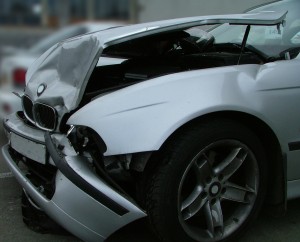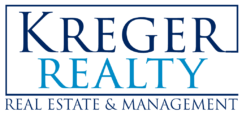 What Vehicle Property Damage Claims Should an At-Fault Driver’s Insurance Company Pay For in My Car Accident Case?
What Vehicle Property Damage Claims Should an At-Fault Driver’s Insurance Company Pay For in My Car Accident Case?
When you are involved in an auto accident and the other driver is determined be at-fault in causing the accident and the at-fault driver’s insurance company accepts liability, in North Carolina you have 2 sets of claims against the at-fault driver: 1) Personal Injury claims and 2) Vehicle Property Damage claims.
In the Personal Injury portion of your case, you should be compensated for your actual medical expenses, your lost wages, your pain and suffering, and possibly, punitive damages.
In the Vehicle Property Damage claims portion of your case, you should be compensated for:
1. The Fair Market Value of your Car OR the Costs of Repairing your Car. If your automobile is determined to be a Total Loss , meaning that the cost in repairing your car exceeds 75% of your car’s fair market value, then the at-fault driver’s insurance company should compensate you for the value of your car based on the condition your car was in before the accident occurred.
If your car is determined not be a Total Loss, meaning that the cost in repairing your vehicle does NOT exceed 75% of your car’s fair market value, then the at-fault driver’s insurance carrier should pay for the necessary repairs to your car to restore the vehicle back to the condition the automobile was in before the accident.
2. The Diminution of Value of your Car after it is Repaired. If your motor vehicle is not determined to be a Total Loss and is repaired, then the other driver’s insurance company should pay your for the difference in value of your car as the car existed before the accident minus the value of the car after it is repaired. An easy way to think of Diminution of Value is to understand that a potential buyer of a car will pay less for an automobile when he sees that the car has been involved in a car wreck than what the buyer would pay for the car if it was not involved in an automobile accident.
3. The Loss of Use of not being able to drive your car because your car was damaged in the motor vehicle accident. Generally, you will be compensated for Loss of Use either by the other driver’s insurance carrier providing you a rental vehicle or writing you a check for the equivalent cost of a rental vehicle if you decide that you do not need a rental vehicle.
If your automobile is determined to be a Total Loss, then the value of your Loss of Use claim is generally calculated from the date of the car accident to the date that the at-fault driver’s insurance carrier writes you a check for the fair market value of your automobile.
If you vehicle is not determined to be a Total Loss, then the value of your Loss of Use claim is generally calculated from the date your car was involved in the accident to the date that the repairs of your car, paid for by the insurance company, have been completed.
It is important to remember that not all insurance companies you will inform you that you have a right to be compensated for all of the claims listed above. That is why it may be in your best interest to hire an attorney in your car accident case not only for your personal injury claims but also in your property damage claims.

